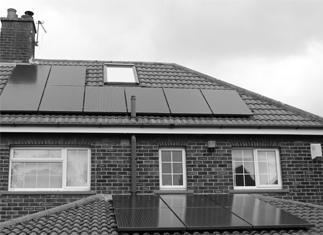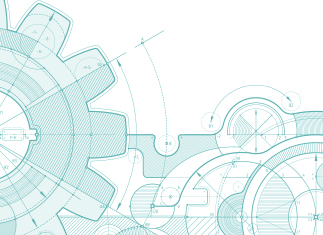Search
Advanced Search
Search content across the site
Filter Events By

Making heat pumps work for fuel-poor households
Post on 27th Feb 2023
This document is intended to be used as a guide by local authorities, housing associations, manufacturers and installers, and other organisations involved in the delivery of heat pumps in fuel poor homes.
Nation / Region:
UK
Content Type: Publications

Solar PV Advice
Post on 20th Oct 2021
Domestic solar PV systems convert sunlight into electricity which can be used in the home. They can help you reduce your energy bills, but it is important to understand how they work and how to get the most out of them. Find out more about using Solar PV systems.
Content Type: Projects

Understanding your solar PV system and maximising the benefits
Post on 25th Jan 2021
Over the last few months, the NEA Technical team has been busy delivering a new project aimed at helping residents to increase their self-consumption of solar PV.
Content Type: News

Solar PV Advice
Post on 22nd Dec 2020
Domestic solar PV systems convert sunlight into electricity which can be used in the home. They can help you reduce your energy bills, but it is important to understand how they work and how to get the most out of them. Find out more here.
Content Type: Media Fact Sheets

Domestic Batteries Best Practice Guide
Post on 16th Mar 2019
Learnings from NEA’s Technical innovation fund field trials
Content Type: Publications
Technical Innovation Fund interim report
Post on 16th Sep 2017
The Technical Innovation Fund has been groundbreaking because it enabled us to get an insight into how many new technologies can help households in
vulnerable situations to reduce their energy bills and improve the comfort of their homes.
Content Type: Publications

Independent Evaluation of the “Chop-cloc” product (CP941)
Post on 27th Jun 2017
The technology installed was Chop cloc, a retrofit heating controller over ride which turns the heating off for 15 to 45 minute in each hour as set by the resident to take advantage of radiant heat from the building fabric and contents. It claims not to affect thermal comfort, and to save up to 30% and an average of 16% on home heating bills.
Content Type: Publications
© 2024 NEA all rights reserved.

